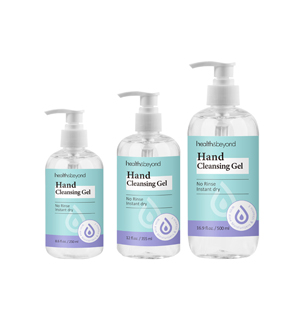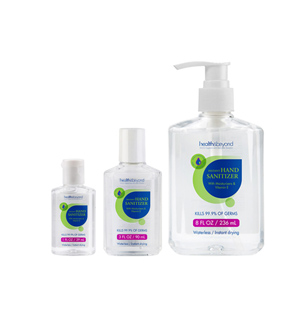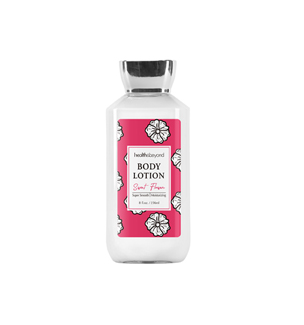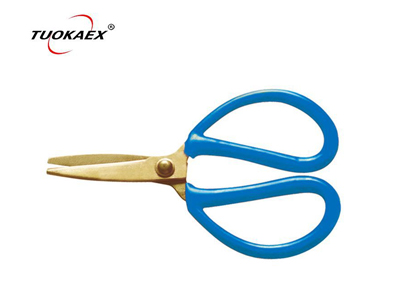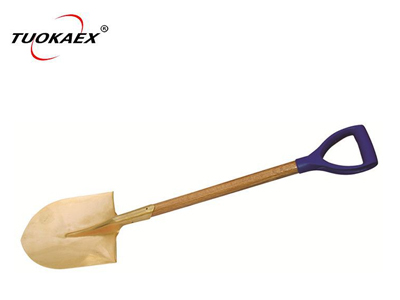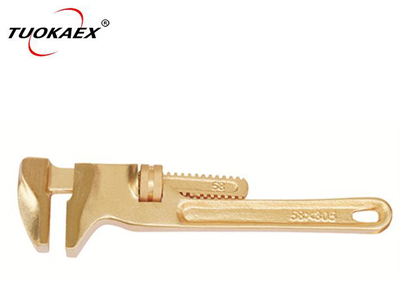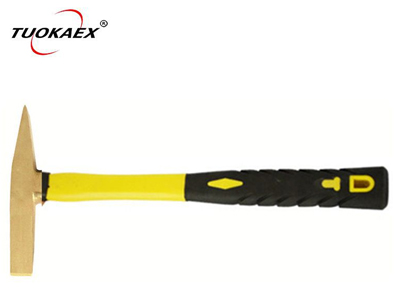STEP #1: Check the belts
• When should you check the belt tension of the slurry pumps?
If your slurry pumps are belt driven please check the tension once quarterly at a minimum. Belts that are too tight will cause damage to the light series motor bearing and once that bearing fails then the thrust bearing will start to fail in the pump. Belts ran too loose will cause poor performance and slippage causing damage to the sheaves.
• How to tell if the belts are loose on slurry pumps?
An experienced ear can tell if the belts are too loose. They will be making a flapping sound. Belts that are too tight could cause the motor to be pulling high amps or bearing temperatures to increase before you start to notice bearing failure.
STEP #2: Check the oil
• When should you change the oil of your pump?
If your pump is on oil lubrication please check periodically to make sure no water or product is present in the oil. If your sealing device is ok, changing the oil on a regular interval will increase the lifetime of any pump.
• Water is bad for your slurry pump: how to know if there is water in the oil?
Water is bad as it will cause bearing and/or motor failure. Seals do leak by nature and a small amount of water is ok. A significant amount of water in the oil will cause the oil to be milky.
Some key features may be already incorporated into your pump's design to help identify water in your oil. One such feature is the moisture sensor which will trip when there is excessive amounts of water in the oil. Water in the oil is an early indicator that sealing has been compromised.
The first place to check is the sealing device used on your particular pump.
Another thing to check is the setting distance from the end of the probe from the housing.
STEP #3: Check your impeller clearance
Best performance is achieved by checking your impeller clearance on occasion. Consult your manual for proper clearance. When checking clearance look for excessive wear in the impeller and other wetted parts.
Wear in the wetted parts can cause the clearance to increase causing a loss in performance.
Wear can be caused by the abrasiveness of the product being pumped or by running the pump off the designed curve for the pump.
STEP #4: How to review slurry pump requirements
Is the slurry pump still being asked to do what it was built to do?
Sometimes systems and processes change but we continue to ask the same of our equipment without taking into consideration the changes to the process that may have been made throughout the years.
For trouble shooting it is a good idea to install a pressure gauge and flow meter on the discharge line of the pump. You can take the pressure reading and multiply it by 2.31 to give you a rough TDH. You can then take the TDH and a flow reading and see if your pump is running near BEP on the pump curve. If not, please contact the OEM.
STEP #5: Monitor your pumps temperature
Temperature sensors are provided with our submersible pumps for protection of the motor. Each manual provided with the pump will outline how to hook up and monitor the temperature sensors for maximum lifetime.
• Why should you care?
If the motor gets too hot the sensors will trip and the pump will shut down until the motor cools. If the sensors are not connected you are running the risk of burning up your motor.
If you ask for a warranty claim and these devices are not connected then your warranty is void.
• When should you check your slurry pump temperature?
Our horizontal and cantilever pumps need to have the temperature of the bearings checked weekly while the pump is in operation. Using a temperature gun check the bearing housing temp in the closest proximity to the bearing.
• What temperature should the slurry pump be?
While most pump bearings run in the 140 to 170 F range I suggest never allowing temperatures to exceed 200 degrees F maximum. Bearing temperatures can be a sign of too much lubrication or beginning stages of bearing failure.
STEP #6: Monitor the pump bearings
Using some form of vibration equipment. This will give you an indication if bearings start to fail.
Vibration analysis should be performed by a qualified and trained engineer/ technician experienced with this type of work.
Proper vibration monitoring will give the user a lot of useful information which can increase the MTBF and improve performance of the pump.
We are a slurry pump supplier. If you are interested in our products, please contact us now!






